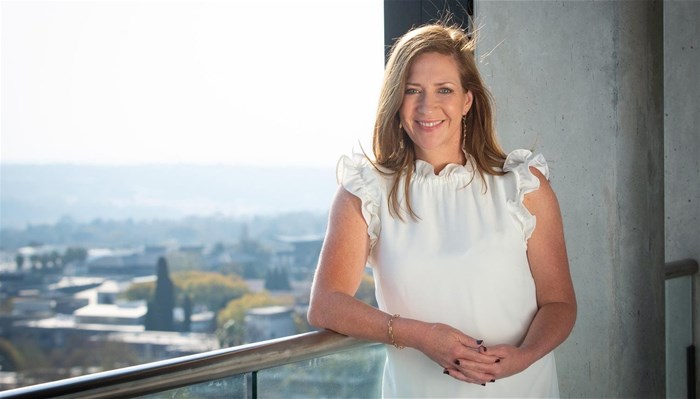Marketing & Media trends
Industry trends
BizTrends Sponsors
Trending
#BizTrends2023: Over a million South Africans eyeing universities abroad

Demand for spots at universities, locally and abroad, remains high, and competition is stiff. Despite this, we have seen a decrease in the barriers preventing South African students from applying, and being accepted, abroad. From students having a better understanding of the application process and requirements for admission to top institutions, the easing of standardised testing, and the understanding and availability of support, the chances of admission are higher than ever – provided students start early and build a strong profile.
Fuelling these trends is the desire of local students to gain global experience and access career opportunities abroad during, and after, university. Being part of a top-ranked institution also offers the chance to build strong personal alumni networks, and can result in higher earning potential once a student has graduated. The growing number of success stories, with local students getting into the likes of Harvard, Oxford, and other competitive universities, is proof to South African students that it is possible to compete on a global stage.
There are four key trends that counsellors and teachers should take note of, in order to provide the right level of support and guidance to their students:
- Getting started early
- The rise of ‘super- and ultra-curriculars’
- Rankings no longer number one
- A revolution in standardised testing
As local students become more aware of the complexities of applying to top universities abroad, they are starting to prepare earlier to boost their chances of admission. As early as Grade 8, students and families are having to research and kickstart their goals, to meet the admission requirements. These include strong academic engagement and achievement, subject mastery, innovative and impactful leadership activities that span multiple years, and proof of financial support.
As many students have already learned, starting early is not enough, and it is important to stand out to admissions officers. This can be achieved by developing ‘super-curriculars’ – activities that explore a student’s main area of interest, and showcase subject mastery. Additionally, establishing and organising their own clubs or social movements aimed at solving a real-life problem, can highlight leadership skills and a passion for making an impact. Students can also compete in local or global competitions, or complete competitive summer programmes, to showcase their dedication to excellence in a particular field.
In the past year, both Yale and Harvard announced that they are withdrawing from the US News and World Report university rankings. Their reasoning is that the rankings are both unscientific, and discourage students from diverse backgrounds from applying. With other top institutions likely to follow suit, we’ll see applications at so-called mid-tier universities grow in number, as people begin to broaden their scope based on best-fit – not ranking.
In 2020, 600 United States universities, including the entire Ivy League, became test optional to offset the impact of the pandemic on admissions. Since then, a growing number of these institutions have implemented this as a permanent policy, with Forbes estimating that 80% of bachelor’s degree-granting US universities will be test-optional by 2024. For now, admissions experts still recommend taking SATs and ACTs, since they provide a common data point that can be used to compare applicants. From March 2023, SATs will be digital for South African students, a change that has already been made in the United States. In the future, test optional will open the doors for more South Africans to be considered, based purely on their academic and extracurricular merit.
The appeal to study abroad is as strong as ever – but now, local students have more opportunity to realise this dream. At Crimson, we are excited to see our country’s representation grow at highly competitive universities abroad; we know that local students do have the capacity to compete and excel internationally.











